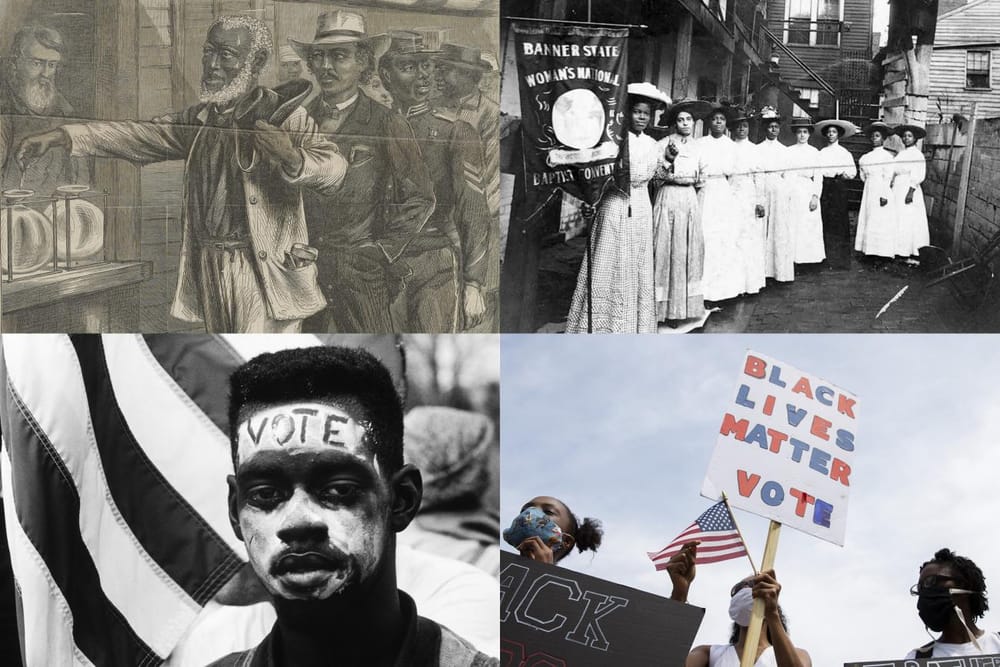By Christopher Woolf
On the subject of our ancestors and our scapegoating of their suffering to justify our commitment to American imperialism, our ancestors also have descendants in Africa and other parts of the diaspora that deserve dignity as well. Do they not have a shared right to a life free from violence and exploitation? Our ancestors did not die so that their direct descendants in the empire could profit off the continued subjugation and suffering of their direct descendants in the Global South. Choose whichever politics best fit you, but leave the ancestors out, especially when your politics rely on violence towards Africa and the diaspora.
We do not hold a copyright on our ancestors. We are not the only ones suffering from American and European violence. However, the West has been brutalizing the Global South for the resources and labor present within the land and people for 500 years now. Those of us within those Western countries should be resisting the tangible and intangible factors of imperialism in any way we can. That looks different for each of us based on our capabilities.
However, it is becoming increasingly clear that a lot of Black folks do not have a problem with the American empire. They care about how state violence affects them and their personal ascent through the American hierarchy. It frightens them that a police officer would kill them just for being Black, but it does not frighten them that police officers can kill them or others in general. Their problem is more with their Blackness and how it marks them as a more likely target for police violence as opposed to the fact that police possess the ability to be violent.
In other words, as long as it doesn't happen to them and as long as it does not happen to them because they are Black. I cannot say that I didn't feel the same way once upon a time. When Angela Davis came to my college and spoke about abolition, I couldn't comprehend a world without prisons, such as she described. Prisons made sense to me and were an indelible part of reality and nature in my mind. So were the cops, even though we see things like prison or police nowhere else in nature.
Vote how you want to vote, but all this invoking the ancestors as justification for participating in this system is disrespectful and spiritually malignant. All this "folks died so you can vote" bullshit is crazy. Fanie Lou Hamer was not violently beaten, so you could invoke her name to justify genocide. The "ancestors" aren't some amorphous inanimate object to project your philosophy onto. These were real people who had real principles; many of them radical and anti-capitalist, anti-imperialist, and anti-police (you know, the slave catchers that were trying to lock them up?) stances. And many of them stood for a free Palestine.
How about we venerate them by actually learning about what they believed in and living our lives in their examples? Instead of using them as an excuse to shout down contemporary Black radical thinkers, people who advocate for third-party politics and prison abolition are the people who are walking closer to the footsteps of our ancestors. It's okay to respect them. It's okay not to roll our eyes at them.
Being Black is a fundamental rejection and fight against whiteness and white supremacy. If you think otherwise, you are blind. We were not Black until we were brought here and massed together in the group trauma that is Blackness. We were thousands of peoples and languages and cultures and gods mashed into a slave class at the bottom rung of society. Like it or not, it is our destiny to break the foundations of this system because it is our backs that still prop it up. So once we throw the system off our backs, it will fall. Our culture and our existence are antithetical to white supremacy, and that is why they have tried to kill or contain us since they brought us here.
In the stance against white supremacy in all its forms, Blackness is and should be a monolith in that one regard.
Christopher Woolf is a Savannah, GA, writer who still resides in his hometown. He is trying to make a living as a writer of all genres and a lover of the oceans and rivers of the low country. Rooted here for generations, he wants to honor his own ancestors and the ancestors of all the Black folks around him who created this city. He is poor, disabled, and determined while also fighting off despair.

